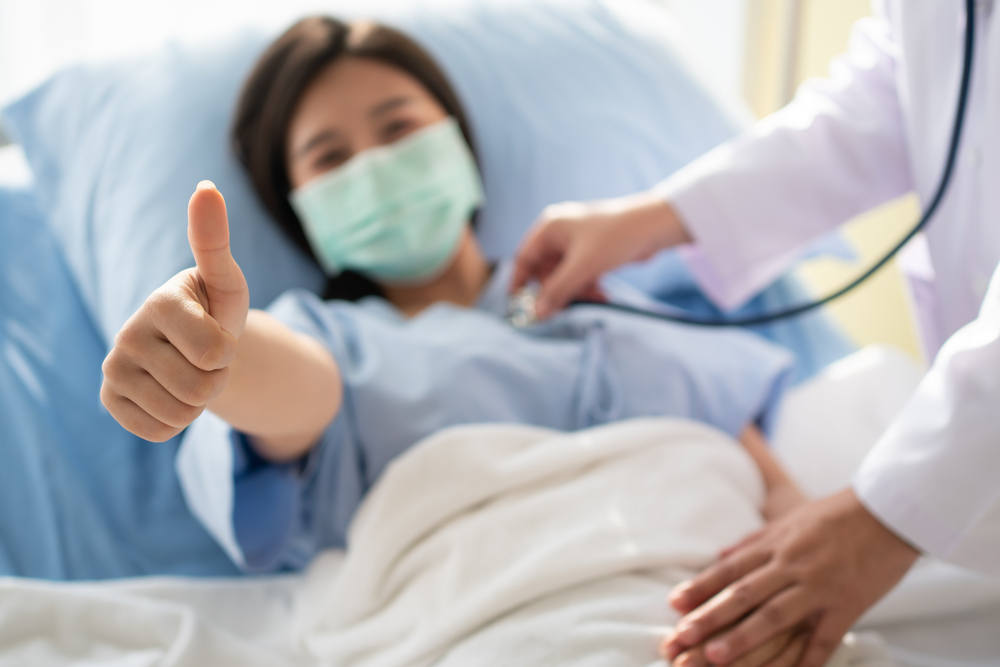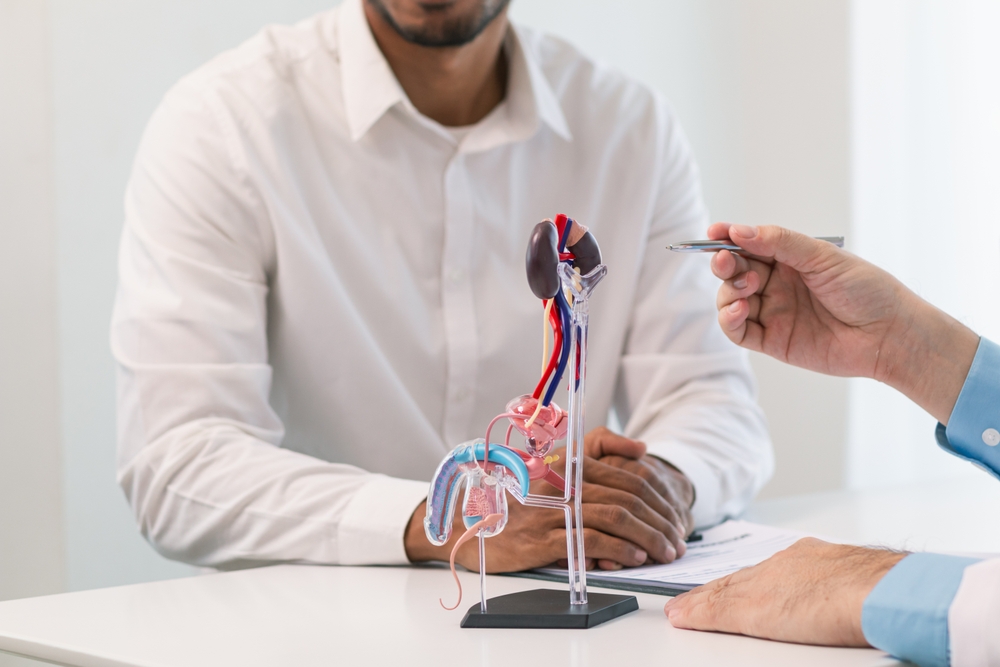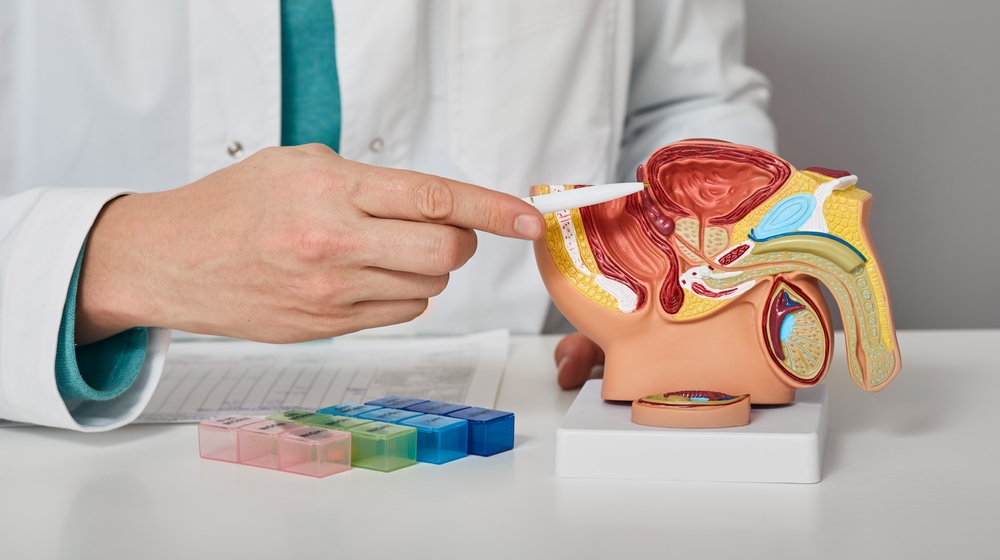Welcome to Cancer Center, where our mission is to provide not only advanced medical care but also comprehensive, compassionate support to every patient who walks through our doors. With more than 30 years of focused expertise in urologic oncology, we are proud to serve the communities of San Antonio, TX, and surrounding areas. We specialize in treating kidney, prostate, and bladder cancers, offering a full continuum of care from initial diagnosis to long-term survivorship. What truly sets us apart is our commitment to creating personalized cancer treatment plans tailored to the unique needs of each individual.
Comprehensive and Personalized Cancer Treatment
At Cancer Center, we understand that no two cancer journeys are alike. Our personalized cancer treatment plans are meticulously developed by a multidisciplinary team that includes medical oncologists, urologists, radiation oncologists, and other specialists. These plans consider not only the type and stage of cancer but also the patient’s overall health, lifestyle, goals, and personal preferences.
By focusing specifically on urologic oncology, we bring a level of depth and expertise that is hard to find elsewhere. Our use of cutting-edge technologies and minimally invasive procedures helps reduce recovery times and improve outcomes. Whether a patient is undergoing robotic-assisted surgery, targeted therapies, or immunotherapy, their treatment path is customized with precision and intent.
We recognize that the cancer experience can be overwhelming. That’s why we take extra care to ensure that our patients understand their options, feel empowered in their decision-making, and have access to the latest advancements in cancer care.
A Compassionate Philosophy Rooted in Whole-Person Care
More than just clinical treatment, our approach to cancer care is deeply rooted in compassion and human connection. At Cancer Center, we believe that healing involves the body, mind, and spirit. Our team is committed to listening, understanding, and walking alongside our patients and their families every step of the way.
From the very first consultation, patients are welcomed into an environment where they are treated with dignity and respect. We take the time to explain diagnoses clearly and compassionately, answer questions thoroughly, and make space for the emotional realities of cancer.
This compassionate care philosophy is woven into every interaction. We are not just treating a disease — we are caring for individuals who are navigating one of the most challenging moments in their lives. Our goal is to reduce fear, build trust, and provide unwavering support throughout the cancer journey.
Emotional Support and Holistic Wellness Services
Cancer affects more than the body — it also impacts a person’s emotional and psychological well-being. That’s why we offer a wide range of emotional support services as an integral part of our care. These include one-on-one counseling, support groups, stress-reduction therapies, and integrative wellness programs.
Our dedicated oncology social workers and mental health professionals are trained to help patients process their experiences, cope with anxiety, and find strength in community. We also provide family and caregiver support to ensure that loved ones receive the guidance and resources they need during this difficult time.
In San Antonio, TX, finding a “cancer recovery center near me” that offers holistic care can be life-changing. At Cancer Center, our patients benefit from services that address the emotional toll of cancer while enhancing their overall quality of life. From mindfulness training to nutritional counseling, we focus on every aspect of wellness to promote healing and resilience.
Patient Education That Empowers
Knowledge is a powerful tool in the fight against cancer. At Cancer Center, we are passionate about educating our patients so they can make informed decisions and feel confident in their care journey. We believe that when patients understand their diagnosis, treatment options, and recovery process, they are better equipped to face the challenges ahead.
Our comprehensive education programs include personalized consultations, written materials, digital resources, and educational workshops. These resources are designed to explain complex medical information in a way that is easy to understand and practically useful.
We also encourage open communication between patients and providers. Our team is always available to answer questions, provide updates, and adjust treatment plans as needed. This patient-centered approach fosters a strong partnership between our team and those we serve, ensuring that care is always collaborative and transparent.
Lifelong Survivorship and Continued Support
Cancer doesn’t end when treatment does — and neither does our commitment to our patients. Survivorship is a vital phase of the recovery journey, and at Cancer Center, we provide robust long-term support to help our patients thrive after treatment.
Our survivorship programs include regular follow-up appointments, monitoring for recurrence, management of late or long-term side effects, and lifestyle guidance to support healthy living. We also offer survivorship care plans that outline personalized strategies for wellness, screenings, and rehabilitation.
In addition to medical follow-up, we continue to provide emotional and psychological support well into survivorship. Many of our patients find comfort and strength in connecting with others who have walked similar paths. We offer survivorship support groups, educational forums, and volunteer opportunities for those who wish to give back.
As urologic oncology specialists in San Antonio, TX, we are proud to walk with our patients from diagnosis through recovery and beyond. We are more than a treatment facility — we are a lifelong partner in health, healing, and hope.
Conclusion
At Cancer Center, our focus on personalized cancer treatment reflects our deep commitment to treating each patient as an individual with unique needs, fears, and goals. Located in San Antonio, TX, we have spent over three decades building a reputation for clinical excellence and heartfelt care in the field of urologic oncology.
Whether you or a loved one is facing kidney, prostate, or bladder cancer, we are here to offer not only the most advanced medical treatment but also compassionate support, emotional healing, and educational empowerment. If you’re searching for a “cancer recovery center near me” in San Antonio, TX, you’ve found a place where expert care and human kindness go hand in hand.
Let us be your guide and your ally on the road to recovery. Your journey matters, and at Cancer Center, we are with you every step of the way.
 Rohit Kapoor, MD
Rohit Kapoor, MD


